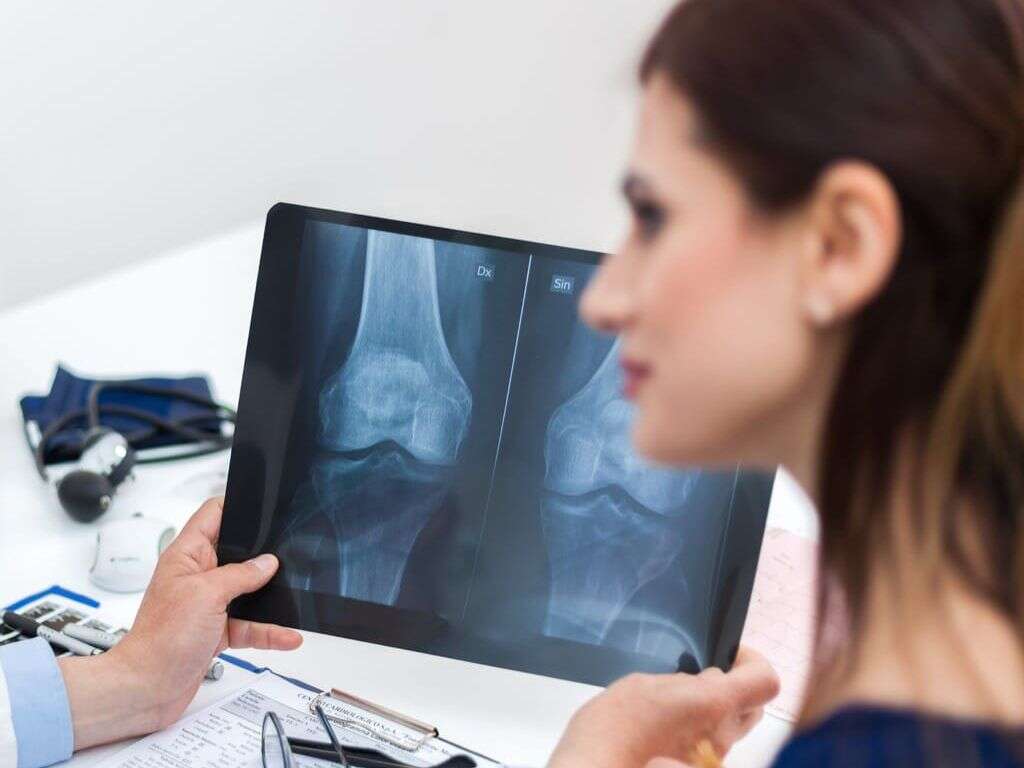10 Osteopenia Symptoms
 Article Sources
Article Sources
- 1. 'Osteopenia: When you have weak bones, but not osteoporosis.' _Harvard Health_, www.health.harvard.edu/womens-health/osteopenia-when-you-have-weak-bones-but-not-osteoporosis.
- 2. 'Oral Health and Bone Disease.' _National Institutes of Health_, www.bones.nih.gov/health-info/bone/bone-health/oral-health/oral-health-and-bone-disease.
- 3. 'What Is Osteopenia? Causes, Symptoms and Treatment.' _HSS Playbook Blog_, www.hss.edu/playbook/what-is-osteopenia-causes-symptoms-and-treatment/.
- 4. 'Osteopenia and Osteoporosis: The Difference.' _Menopause Now_, https://www.menopausenow.com/osteoporosis/articles/osteopenia-and-osteoporosis-the-difference.
- 5. 'OSTEOPENIA - Symptoms, Causes, Risk Groups, Prevention and Treatment.' _Ecosh Life_, https://ecosh.com/osteopenia-symptoms-causes-risk-groups-prevention-and-treatment/.
8. Irregular Periods
Missed and irregular periods are typically caused by low levels of estrogen, and low estrogen is a direct contributor to loss of bone density. During and after menopause, estrogen, which maintains bone strength, decreases rapidly and can lead to bone loss.4‘Osteopenia and Osteoporosis: The Difference.’ Menopause Now, https://www.menopausenow.com/osteoporosis/articles/osteopenia-and-osteoporosis-the-difference.
Women who regularly miss periods, exercise very strenuously, have polycystic ovary disease or have an eating disorder are also susceptible to lower estrogen levels, which can have a direct effect on their bone mass.
Advertisement










